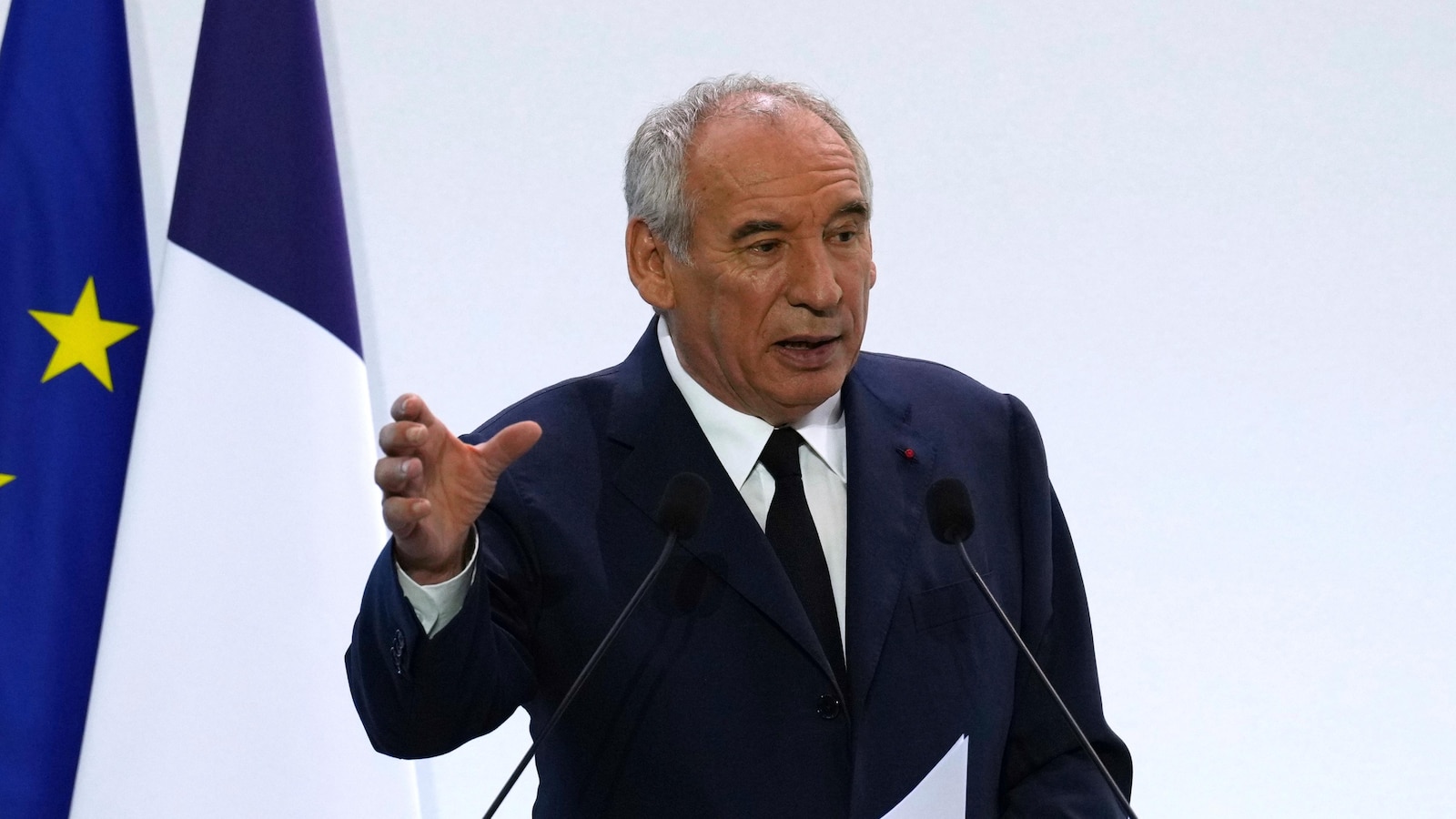French Prime Minister François Bayrou is at a critical political crossroads as he prepares to face a confidence vote on September 8, 2025. His fragile minority government is under siege, with rival parties across the political spectrum refusing to back his 2026 budget proposal and signaling they will vote against him. This article examines the circumstances leading to this high-stakes confidence battle, the key political players involved, and the potential consequences for France’s political and economic stability.
Background and Context
To address this, Bayrou proposed a stringent 2026 budget with €44 billion in public spending cuts. Key austerity measures include:
-
Elimination of two national holidays
-
A freeze on tax bracket inflation adjustments (an “année blanche”)
-
Cuts to welfare and pension spending
Bayrou insists these measures are urgent to prevent France from falling into chronic over-indebtedness, warning the country is “on the brink of over-indebtedness” and emphasized that debt has grown by €2 trillion over the past two decades.
The Confidence Vote and Opposition Stance
Facing overwhelming opposition to his budget, Bayrou called for a confidence vote two weeks ahead of the scheduled budget discussions. His intent was to clarify political support or opposition before the contentious budget debate, but this move has only hardened resistance.
Opposition parties that have publicly declared they will vote against Bayrou’s government include:
| Political Party/Faction | Position on Confidence Vote | Leader/Representative | Stance Summary |
|---|---|---|---|
| Far-Right National Rally | Against | Marine Le Pen | Calls for snap elections; rejects Bayrou outright |
| Socialist Party | Against | Boris Vallaud | Demands new Prime Minister and policy direction |
| Left-wing France Unbowed | Against | Jean-Luc Mélenchon | Wants government downfall and President Macron’s resignation |
| Greens | Against | Marine Tondelier | Sees vote as a resignation in effect |
Bayrou’s centrist coalition controls only 210 seats in the 577-seat National Assembly, while opposition blocs collectively hold over 320 seats. This imbalance makes his prospects of surviving the vote bleak.
Political and Economic Implications
-
Market Reaction: The Paris CAC 40 index fell 2%, and yields on French 10-year government bonds rose to 3.53%, signaling investor concern over political uncertainty and potential fiscal instability.
-
Government Collapse Scenario: If Bayrou loses the confidence vote, he and his cabinet must resign. President Emmanuel Macron, who retains significant executive powers outside domestic affairs, may:
-
Appoint a new Prime Minister to try to form a workable coalition
-
Dissolve parliament and call snap elections (though previous snap elections increased fragmentation)
-
-
Protests and Social Unrest: Protests modeled after the 2018 Yellow Vest movement are anticipated shortly after the vote, intensifying social unrest amid austerity pressures.
Summary of Key Facts
| Aspect | Detail |
|---|---|
| Prime Minister | François Bayrou |
| Vote Date | September 8, 2025 |
| Budget Cuts Proposed | €44 billion (approx. $51 billion) |
| Current Budget Deficit | 5.8% of GDP |
| EU Deficit Target | 3% of GDP |
| Parliament Composition | 210-seat centrist coalition, 320+ opposition seats |
| Stock Market Reaction | CAC 40 down 2% |
| Bond Yield Impact | 10-year yields rose to 3.53% |
| Opposition Parties United | Far-right National Rally, Socialists, Greens, left-wing France Unbowed |
Conclusion
This political drama underscores the difficulties of balancing urgent fiscal consolidation with parliamentary fragmentation and public dissent in today’s France.

